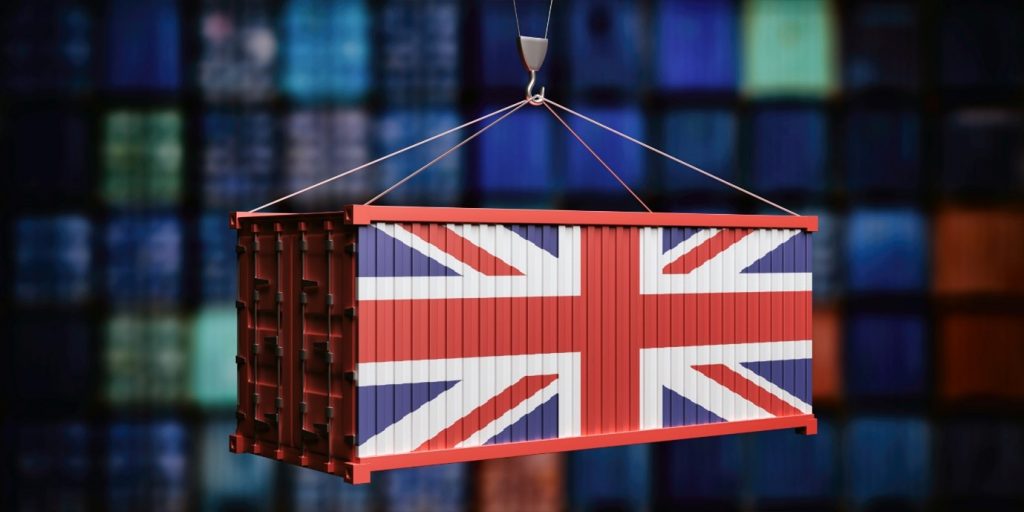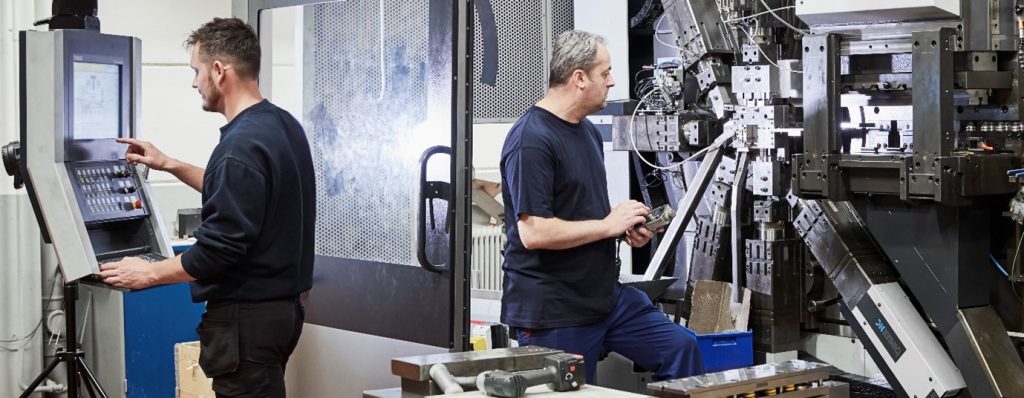Could UK Manufacturing Be Completely Repatriated?
The COVID-19 pandemic has changed industries across the country, heightening the interest in reshoring manufacturers back to the UK. More and more manufacturers have shipped their operations abroad over the last few decades, and businesses moving abroad has been amplified due to Brexit. But could the pandemic tip the trend in the opposite direction, could we see more British manufacturers returning their operations to the UK?
There are several reasons we could see the return of the production of goods to our shores. The financial benefits are attractive, with the lower inventory costs and minimal risks associated with fluctuating exchange rates. By bringing business back to the UK, supply chains are shortened, making them less complicated and providing faster recovery times. There is also the added benefit to the British economy in the form of new jobs that help local communities.

Manufacturers Making a UK Return
Many British manufacturers have operations in China, but following the disruption brought by the pandemic, some businesses are considering the benefits of reshoring to the UK.
The UK managing director for the Japanese robotics company Fanuc has been inundated with enquiries about replacing Chinese labour with automation in the UK after the pandemic brought the world to a standstill back in March. Other companies, especially in the food and aerospace sectors, are looking to invest in collaborative robots to help ramp up production, with a PwC survey finding that 77% of 3,500 chief executives believe that the pandemic has accelerated the shift from human labour to automation.
The manufacturing company Albert Jagger Engineering produce metal components, and they are one such company which has signalled the green light to begin reshoring back to the UK from China. It would see the business returning to its manufacturing facility in Bloxwich for the first time since the early 2000s.
The process of reshoring involves moving the entire business operations back to the UK, allowing them to produce more efficiently, saving them time and costs in their manufacturing operations. With the help of the Manufacturing Technology Centre, they have refurbished their entire UK engineering facility with virtual reality technology to remap the layout of their shop floor.
The Operations Director Mark Hilton has said that the return to the UK will improve control over the production line and that the move is a result of the uncertain economic climate. He believes that the move will help decrease lead times, which currently take between four to six months in China, and which should take between seven to ten days in the UK. The company should also be able to offer a more bespoke service to their customers, and the company estimates that more than £2 million will be brought back to Britain over the next three years as a result of the move.
There are issues with reshoring to the UK. The head of manufacturing at Lloyds Bank believes that supply chains are so deeply embedded, that in some cases, the UK does not have the infrastructure to make the reshoring process easy. Bhavina Bharkhada of Make UK also believes that the process would be long and complex thanks to the intricacies of taking into account multiple suppliers in multiple places in multiple countries.
COVID-19 as the Catalyst
The disruption to the manufacturing industry as a result of the pandemic was felt across the country. The automotive industry was hit particularly hard by the shutdown; vehicle sales plunged during lockdown, with the supply being hit by months of delays for the delivery of raw materials, parts and products. It’s therefore likely that manufacturers based locally may be the ones to emerge from the pandemic less scathed than those that rely on overseas operations.
In response to the pandemic, there has already been a new initiative launched to help the UK manufacturing industry through the difficult phase of reshoring back to the UK. UK Manufacturing Unite is a movement urging more firms to collaborate and find solutions for developing domestic supply chains.
If COVID-19 has proven anything, it’s that there is a need for an increase in the repatriation of capabilities to the UK. Reducing the country’s reliance on offshore operations will help make the UK economy more resilient and prosperous. As technology develops and human labour-intensive practices are reduced in favour of automation, there is less need for cheap overseas labour and the UK could be at the forefront of these new, exciting changes to manufacturing and the supply chain.
Reshoring is likely to gain momentum as a result of both the pandemic and Brexit. Still, it’s vital that companies consider the challenges that will arise during their relocation, and ensure they are prepared for the significant, initial financial investment.
Our teams here at European Springs & Pressings are expert spring manufacturers based in Kent and Cornwall, offering a bespoke service for the designing and manufacturing of springs. Contact us today to find out more about our services.
